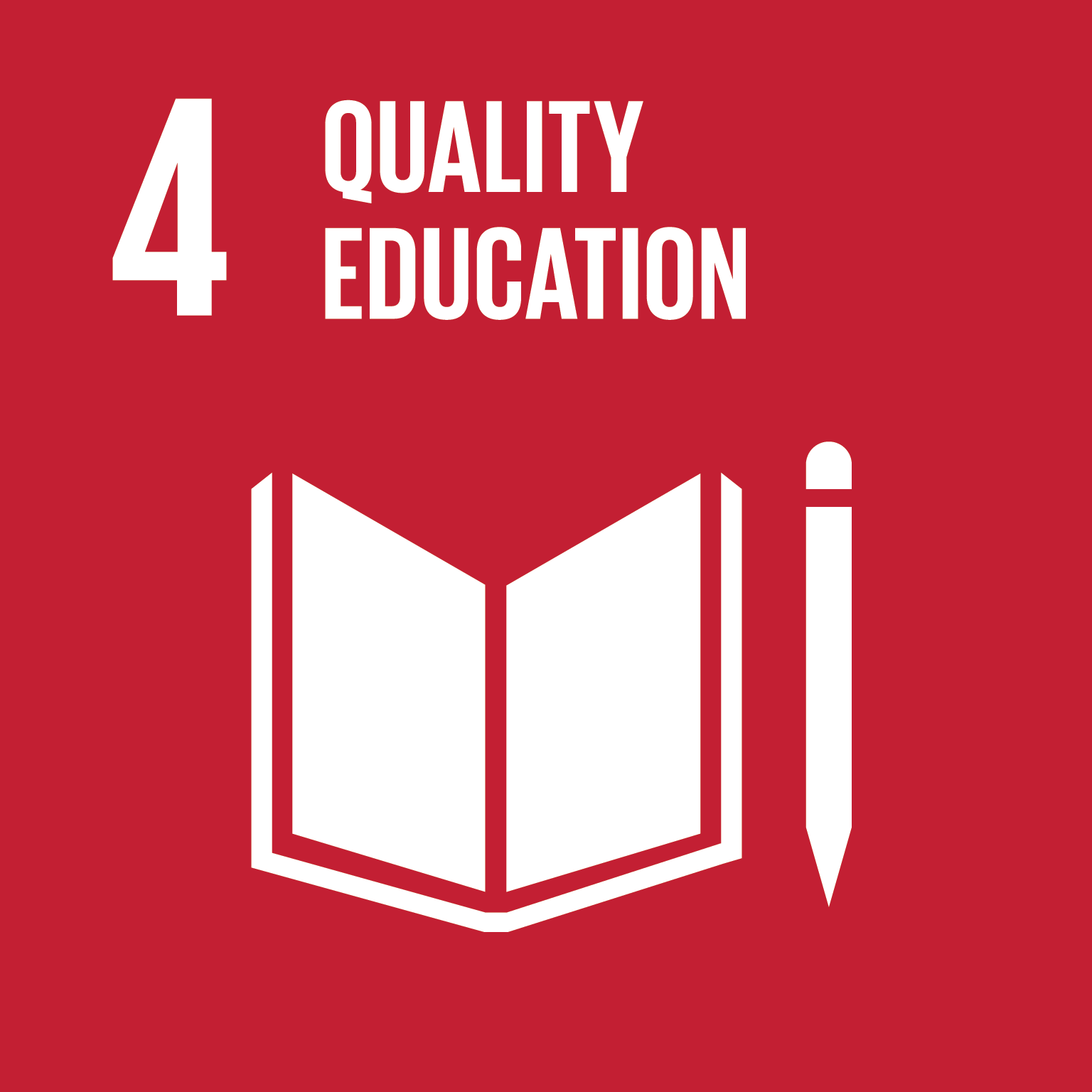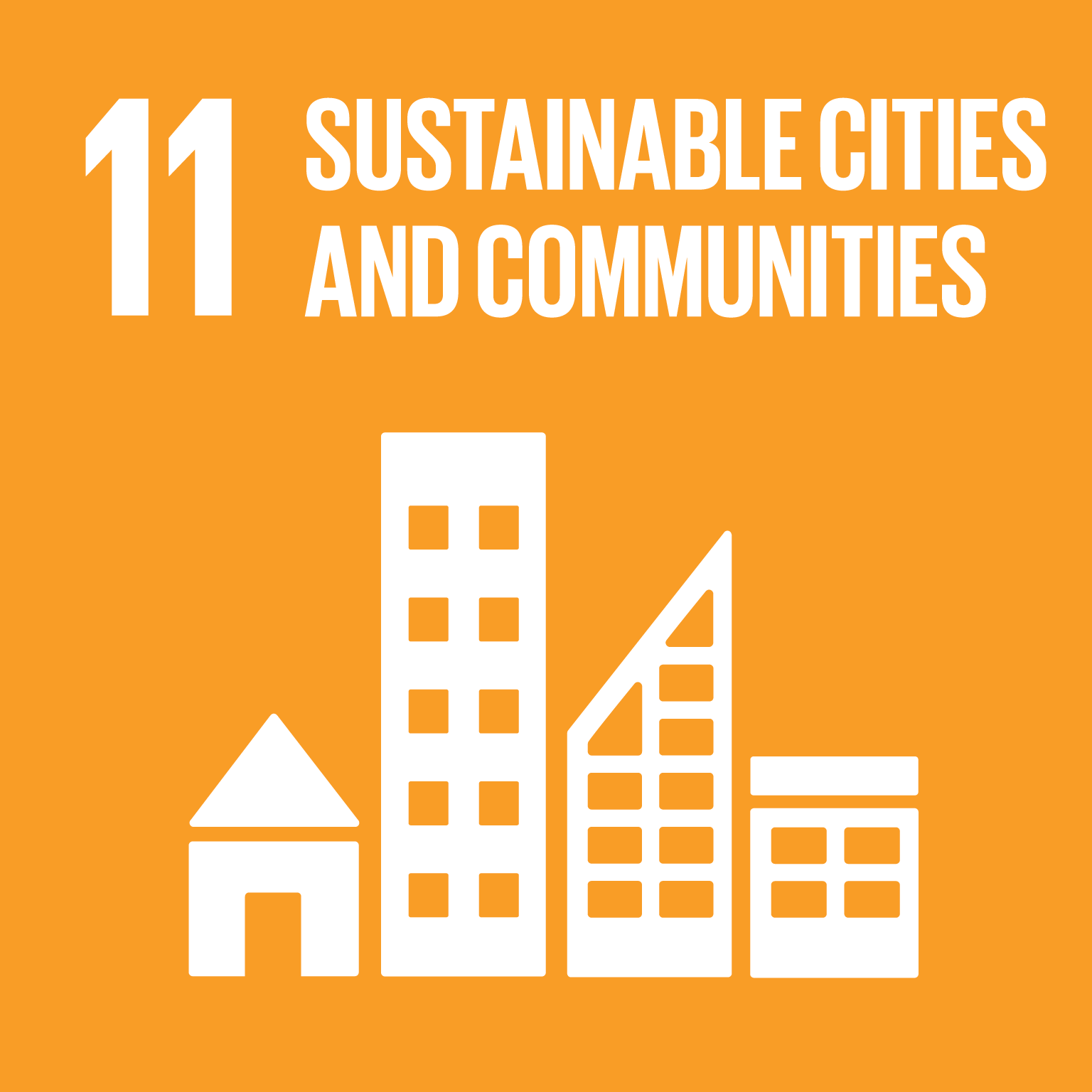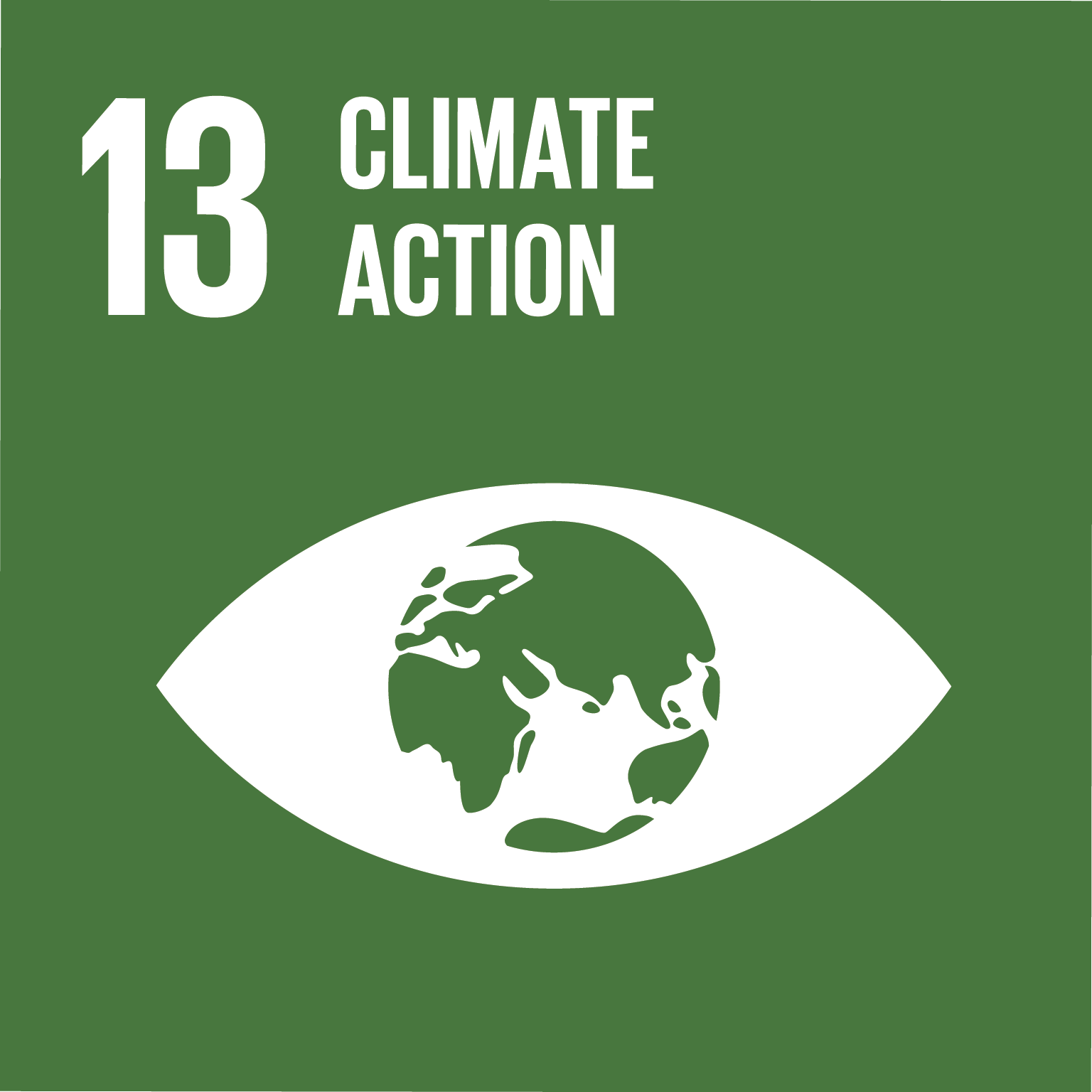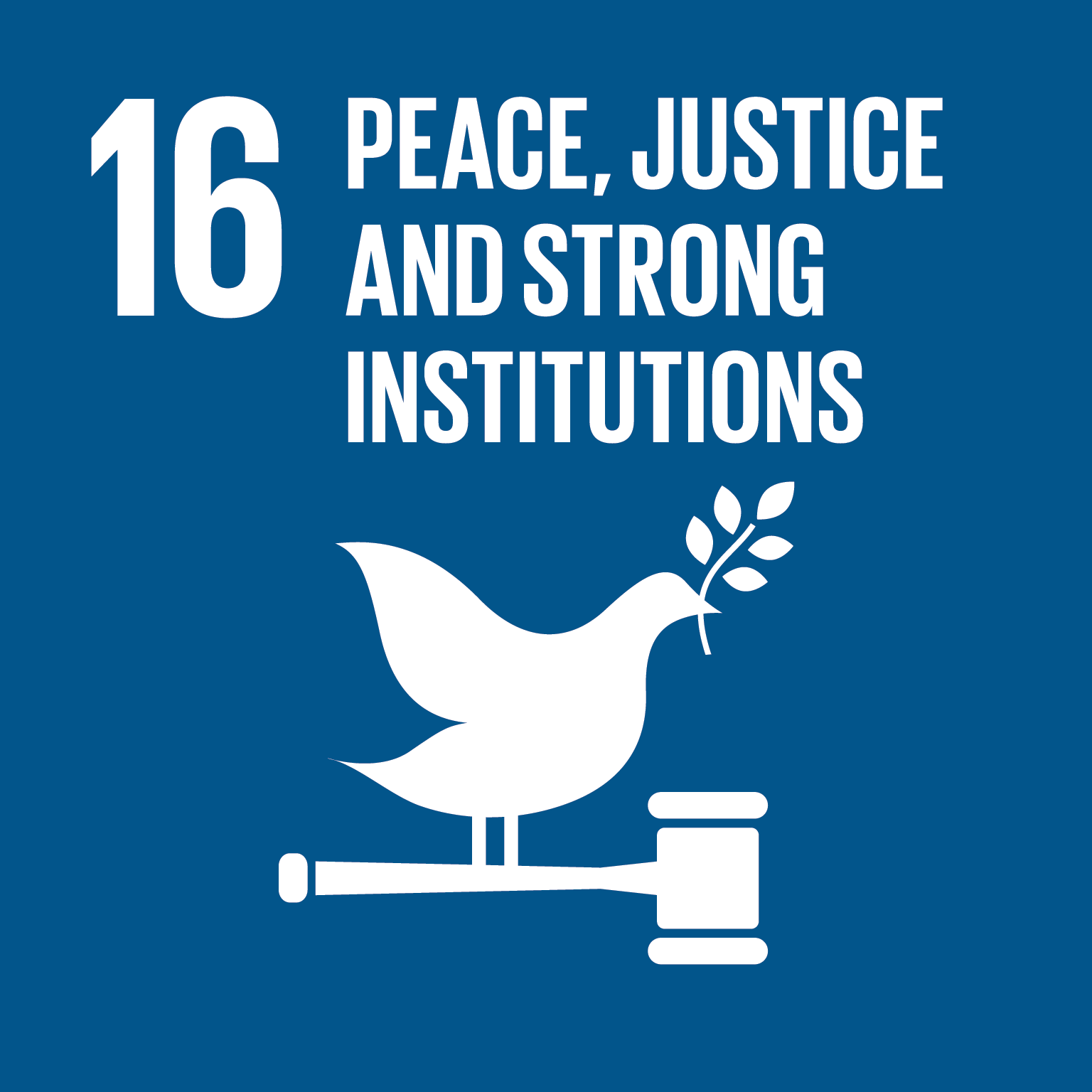Social sciences graduates are valued by employers for their skills in research, leadership and communication. Graduates of UCD social sciences progress to work in government, NGOs, the media and businesses as economists, policymakers, environmentalists, activists, information managers, HR managers, entrepreneurs, journalists, statisticians, urban planners, archaeologists, librarians, secondary school teachers, social workers, researchers and many more professions across the public and private sectors. BSc Social Sciences students may undertake an internship for a trimester in Year 3.
You may undertake a Master’s related to a discipline you studied in your undergraduate degree, such as international relations, experimental archaeology or behavioural economics. A social sciences degree also allows you to progress to a range of interdisciplinary Master’s degrees in fields such as public policy, cognitive science, criminology, human rights, geopolitics, development studies, equality studies, digital curation, urban environment, world heritage management and more. You may also choose to convert your undergraduate degree with a Master’s in a new discipline such as Law, Business or Computer Science.





